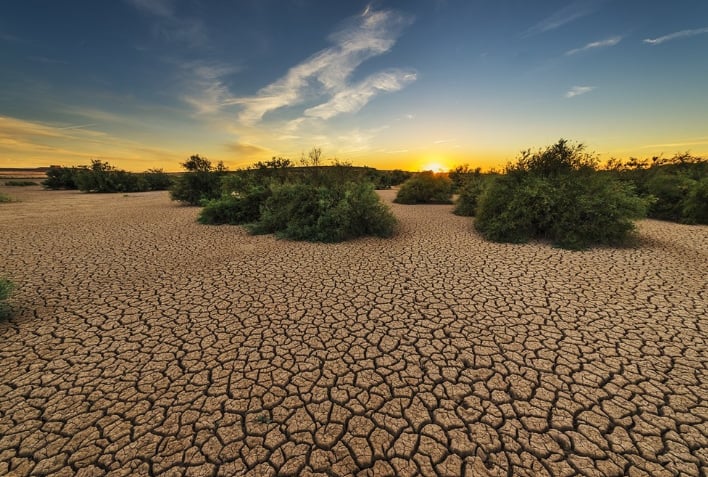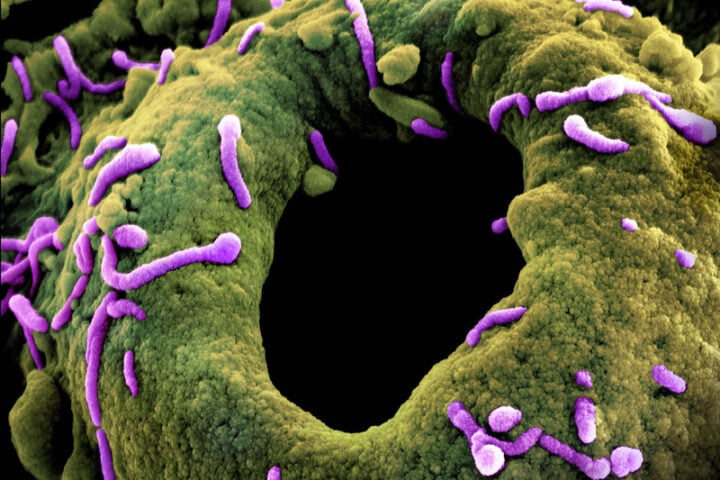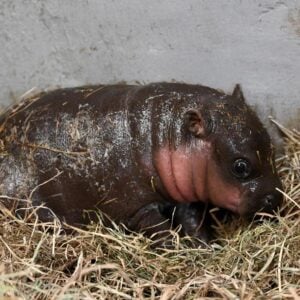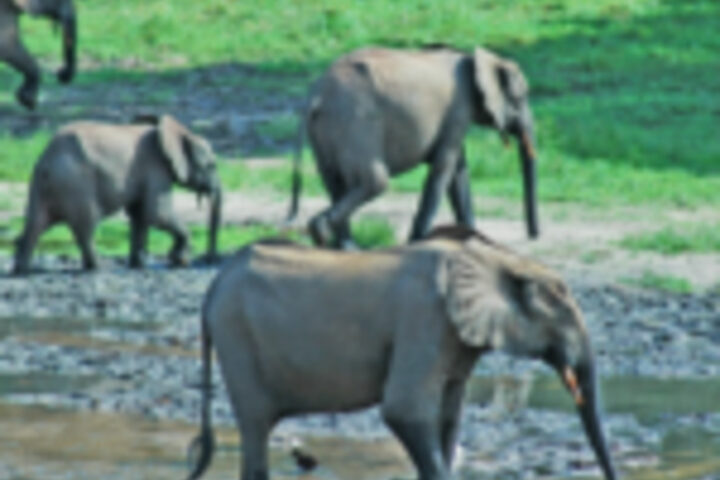Nigeria’s Gashaka Gumpti National Park, established in 1991 as the country’s largest and most biodiverse protected area, is facing a severe crisis as iconic species such as lions, hippos, and cheetahs are feared to be locally extinct. Joseph Ntui, the Conservator of Parks, revealed during a recent media tour organized by Africa Nature Investors (ANI) that these animals have not been sighted for several years, despite enhanced surveillance efforts.
The apparent disappearance of these keystone species is largely attributed to human activities, including poaching, illegal hunting, and encroachment from farming. These practices have disrupted the natural habitats of the park’s wildlife, forcing them to flee their native environments. Ntui emphasized the challenges faced in conservation efforts, stating, “Human activities like hunting, poaching, farming, and illegal grazing continue to threaten wildlife. Poachers hunt animals for meat, farmers try to encroach on the park, and herders insist on grazing their cattle on parkland.”
The loss of these species is a significant blow to the park’s biodiversity, as they play crucial roles in maintaining the ecological balance. A 2024 report by the World Wildlife Fund revealed a staggering 73% decline in global wildlife populations over the last 50 years, with habitat degradation and loss being the primary drivers. Climate change further exacerbates the issue by altering weather patterns and reducing water resources, putting additional stress on already fragile ecosystems.
Gashaka Gumpti National Park serves as a living laboratory for research and experimentation, home to a wide variety of birds, fish, butterflies, mammals, plants, and other unique species. The park’s diverse landscapes, ranging from savanna grasslands to montane forests, provide vital habitats for numerous endangered species. However, the lack of public awareness and understanding of conservation’s importance poses significant challenges in protecting these habitats and their inhabitants.
Ntui stressed the need for increased public engagement, stating, “Many people still don’t understand the critical need for conservation. They view the park as a place that has been taken over and restricted for the benefit of a few, which makes our job even harder.” Efforts to change public perception and reduce harmful activities are essential for successful conservation.
Similar Posts
To address these challenges, ANI has been actively supporting the park’s conservation efforts through financial and technical assistance. Ntui commended ANI’s partnership, which has significantly improved the park’s operations, including better training for rangers, more patrol vehicles, canoes, and even a helicopter. The introduction of the helicopter has been a game-changer, allowing rangers to quickly deploy to patrol locations and improve the efficiency and effectiveness of park management.
In addition to international support, the involvement of local communities is critical for the success of conservation efforts. Engaging these communities in sustainable practices and providing alternative livelihoods can help reduce the pressure on the park’s resources. The Nigerian government has also taken steps to combat wildlife trafficking and protect endangered species through recent legislation, such as the Endangered Species Conservation and Protection Bill, which aims to increase penalties for wildlife crimes and expand investigative powers.
As the world watches Nigeria’s efforts to protect its wildlife, the country has the opportunity to become a leader in conservation across Africa. Tunde Morakinyo, ANI Executive Director, emphasized the importance of this moment, saying, “Let’s get it right and show the world how we can be the leaders in Africa on fighting the illegal trade in wildlife.”
The future of Gashaka Gumpti National Park and its inhabitants depends on the concerted efforts of the government, conservation organizations, local communities, and the international community. By raising awareness, implementing strict protective measures, and promoting sustainable practices, Nigeria can work towards reversing the alarming trend of local extinctions and safeguarding its invaluable biodiversity for generations to come.

















